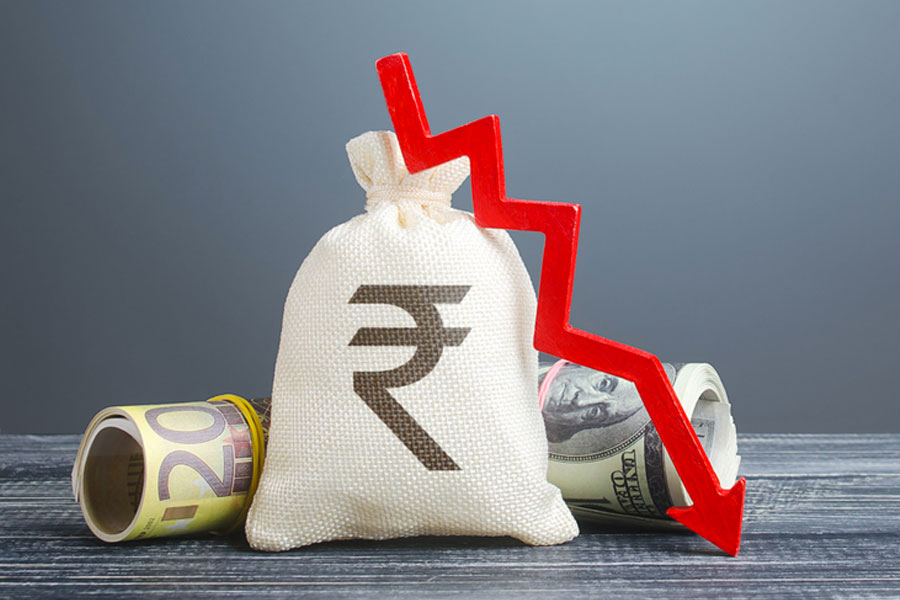Flagging huge risks to the economy from dangers of biodiversity loss and climate change, a new World Economic Forum (WEF) study on Sunday said businesses are more than dependent on nature with an estimated exposure of USD 44 trillion or half of the world GDP.
Releasing the Nature Risk Rising Report ahead of its 50th annual meeting, the WEF said about 25 per cent of our assessed plant and animal species are threatened by human actions, with a million species facing extinction, many within decades.
China, the EU and the US have the highest absolute economic value in nature-dependent industries.
An analysis of 163 industry sectors and their supply chains found that over half of the world's GDP is moderately or highly dependent on nature and its services. Pollination, water quality and disease control are three examples of the services an ecosystem can provide.
The report said USD 44 trillion of economic value generation over half the world's total GDP is moderately or highly dependent on nature and its services and, as a result, exposed to risks from nature loss.
Construction (USD 4 trillion), agriculture (USD 2.5 trillion) and food and beverages (USD 1.4 trillion) are the three largest industries that depend most on nature. Combined, their value is roughly twice the size of the German economy.
Such industries rely on either the direct extraction of resources from forests and oceans or the provision of ecosystem services such as healthy soils, clean water, pollination and a stable climate.
As nature loses its capacity to provide such services, these industries could be significantly disrupted. Industries highly dependent on nature generate 15 per cent of global GDP (USD 13 trillion), while moderately dependent industries generate 37 per cent (USD 31 trillion).
This World Economic Forum report, produced in collaboration with PwC UK, found that many industries have significant hidden dependencies on nature in their supply chain and may be more at risk of disruption than expected.
For instance, there are six industries which have less than 15 per cent of their direct gross value added (GVA) that is highly dependent on nature, yet over 50 per cent of their supply chains' GVA is highly or moderately nature-dependent. The industries are chemicals and materials; aviation, travel and tourism; real estate; mining and metals; supply chain and transport; and retail, consumer goods and lifestyle.
In terms of global exposure, larger economies have the highest absolute amounts of GDP in nature-dependent sectors: USD 2.7 trillion in China, USD 2.4 trillion in the European Union and USD 2.1 trillion in the United States.
We need to reset the relationship between humans and nature, said Dominic Waughray, managindg Director at the World Economic Forum.
The report said damage to nature from economic activity can no longer be considered an externality'.
The WEF said many large businesses have already adopted the framework proposed by the Financial Stability Board's Task Force on Climate-related Financial Disclosures (TCFD) for identifying, measuring and managing climate risks and this could be adapted and leveraged for managing nature risks.











